Supplements & Herbal Remedies: What Works, What Doesn’t, and How to Choose
People turn to supplements and herbs hoping for a quick health boost, but not every product delivers what it promises. Knowing which ingredients have real backing, how to take them safely, and what to look for on the label can save you time, money, and possible side effects. Below you’ll find practical advice to sort fact from hype and make confident choices.
Choosing Quality Products
First stop: the label. Look for the scientific name of the ingredient, not just a brand nickname. A product that lists Galium verum instead of just “Lady’s Bedstraw” shows more transparency. Check the amount of active compound per serving—many supplements hide a tiny dose behind a large pill count.
Third‑party testing is another red flag for quality. Certifications from NSF International, USP, or ConsumerLab mean an independent lab checked for contaminants and accurate potency. If a brand can’t provide a certificate of analysis, treat it like a mystery box.
Price matters, but the cheapest option is rarely the best. Herbal extracts are expensive to produce; a $5 bottle often contains sub‑therapeutic amounts. Compare cost per milligram of the active ingredient to gauge true value.
Spotlight: Lady’s Bedstraw Supplement
One herb gaining attention is Lady’s Bedstraw (Galium verum). Traditionally used as a gentle diuretic and lymphatic support, recent lab work suggests it may help reduce water retention and promote healthy circulation. The 2025 guide on our site breaks down the benefits, safe dosage range (300‑600 mg of standardized extract per day), and potential side effects like mild stomach upset.
When starting, begin with the lowest dose and see how your body reacts. Pair it with plenty of water and monitor any changes in urine output or swelling. If you’re on blood‑thinning medication, talk to a clinician before adding it, as the herb can modestly affect clotting pathways.
Choosing a reputable brand for Lady’s Bedstraw follows the same rules above: look for the botanical name, standardized extract, and a third‑party test report. A good product will also disclose the extraction method—ethanol‑based extracts retain more active flavonoids than water‑only versions.
Beyond Lady’s Bedstraw, many supplements share similar pitfalls. Fish oil, for example, can oxidize if stored improperly, turning it from heart‑healthy to harmful. Vitamin D needs blood testing to avoid excess, while turmeric supplements require a bioavailability enhancer like black pepper extract.
The bottom line: treat every supplement like a mini‑medicine. Check the evidence, verify the dose, and watch for interactions with any prescription you’re already taking. Simple habits—reading labels, asking for certificates, and starting low—keep you safe while you explore nature’s pharmacy.

- Nov, 18 2025
- Comments 8
Melatonin: How This Natural Sleep Hormone Really Works and When It Actually Helps
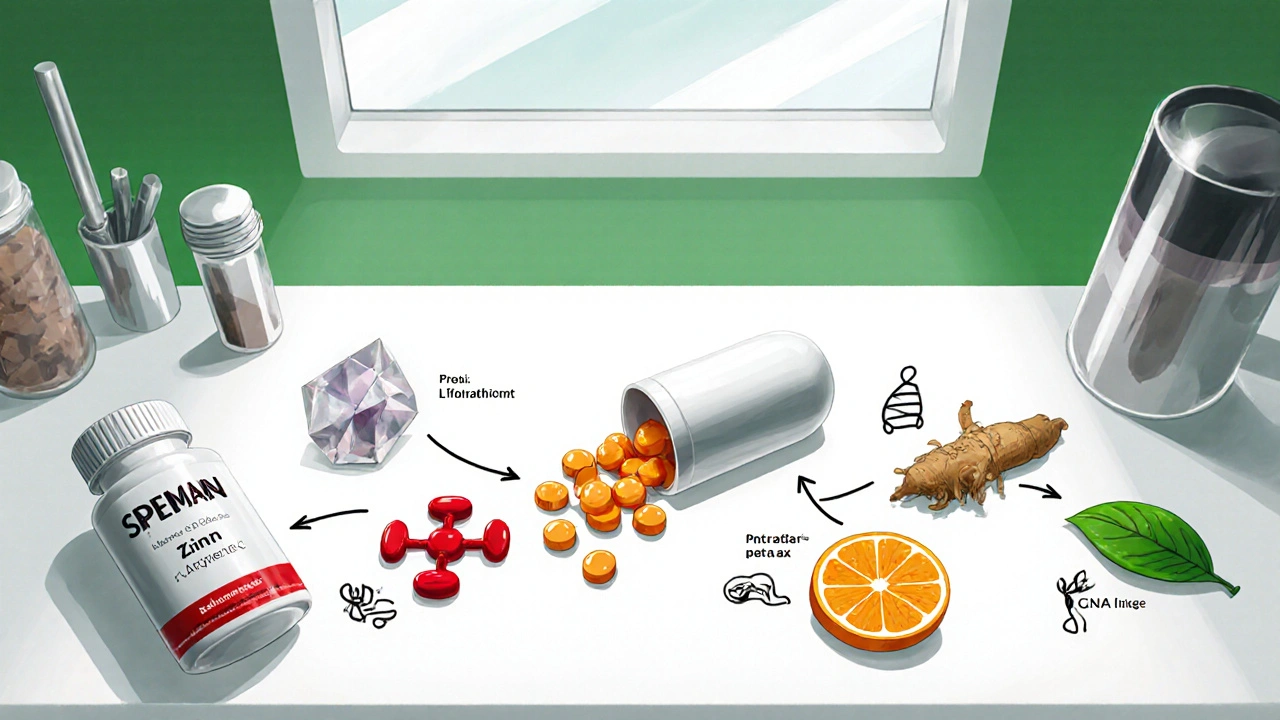
- Oct, 25 2025
- Comments 9
Speman vs Alternative Male Fertility Supplements: In‑Depth Comparison
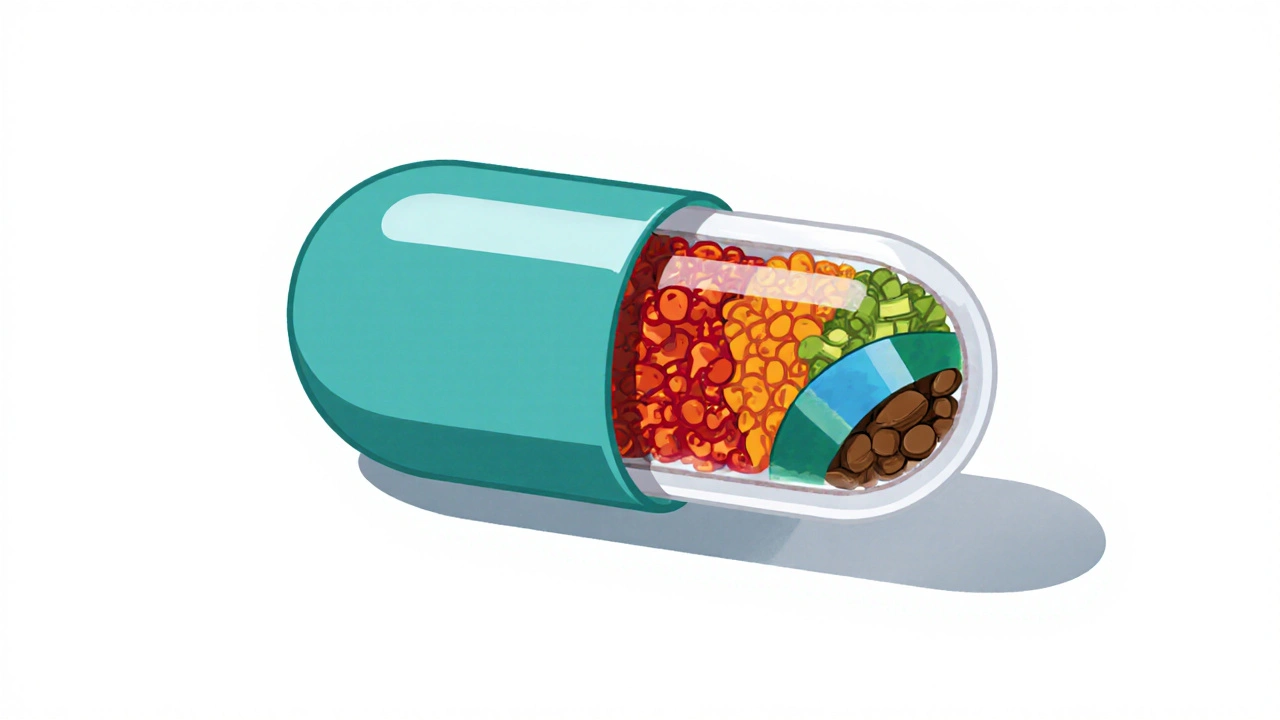
- Oct, 23 2025
- Comments 9
Gasex vs Other Weight‑Loss Supplements: Detailed Comparison

- Oct, 3 2025
- Comments 18
How Green Tea Helps Diverticulitis Sufferers
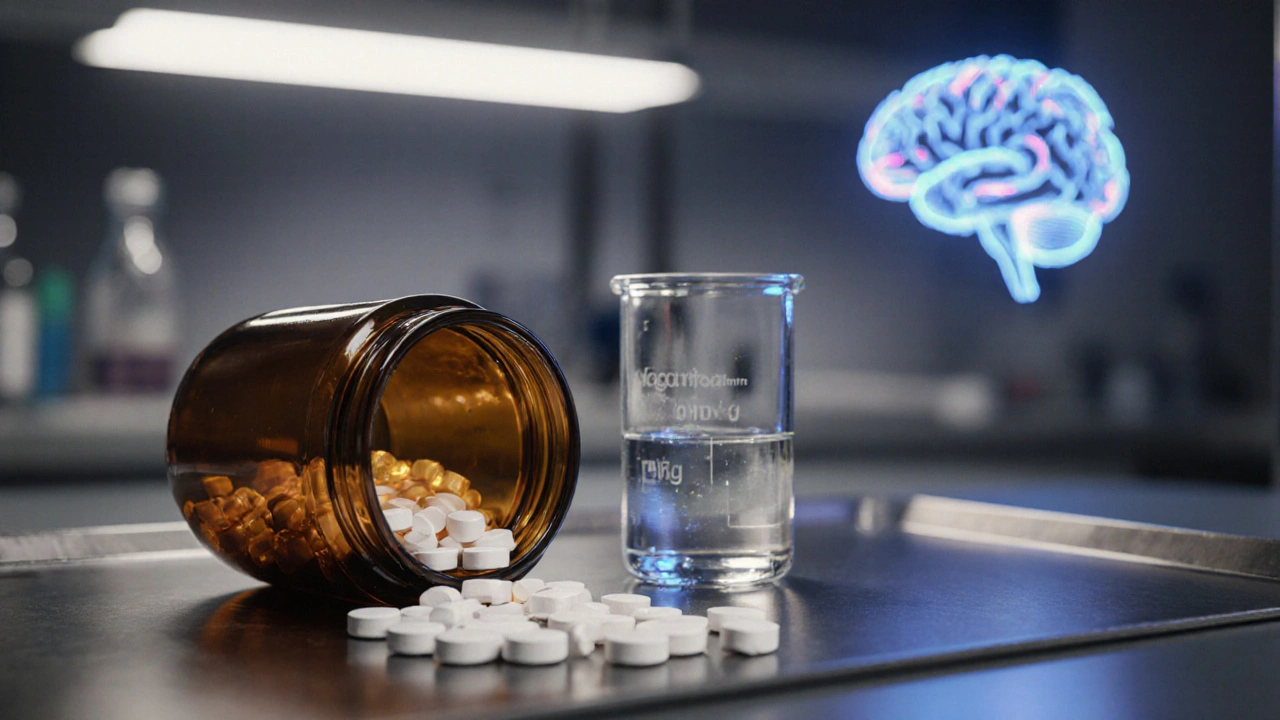
- Oct, 1 2025
- Comments 15
Piracetam (Nootropil) vs Top Nootropic Alternatives - 2025 Comparison

- Sep, 21 2025
- Comments 8
Red Bush Tea Supplement: Boost Metabolism & Transform Your Diet
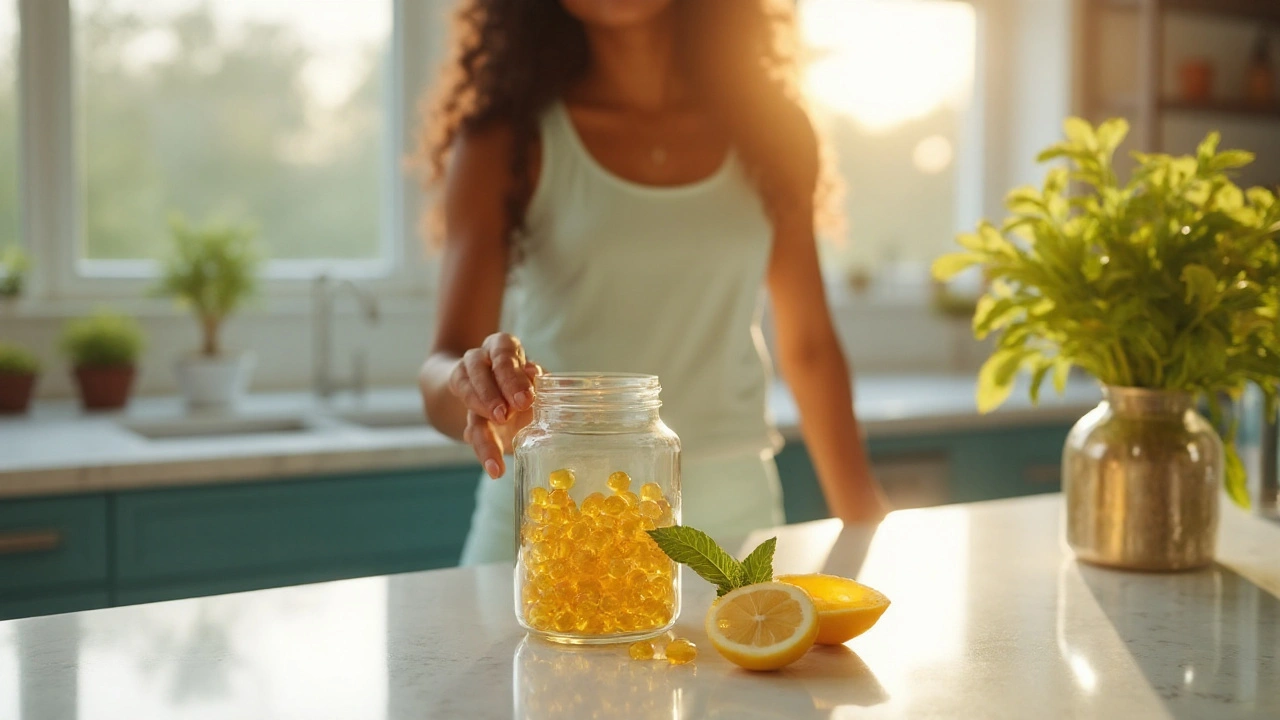
- Sep, 21 2025
- Comments 19
Jasmine Supplement Review 2025: Health Benefits, How It Works, and What It Stacks Up Against
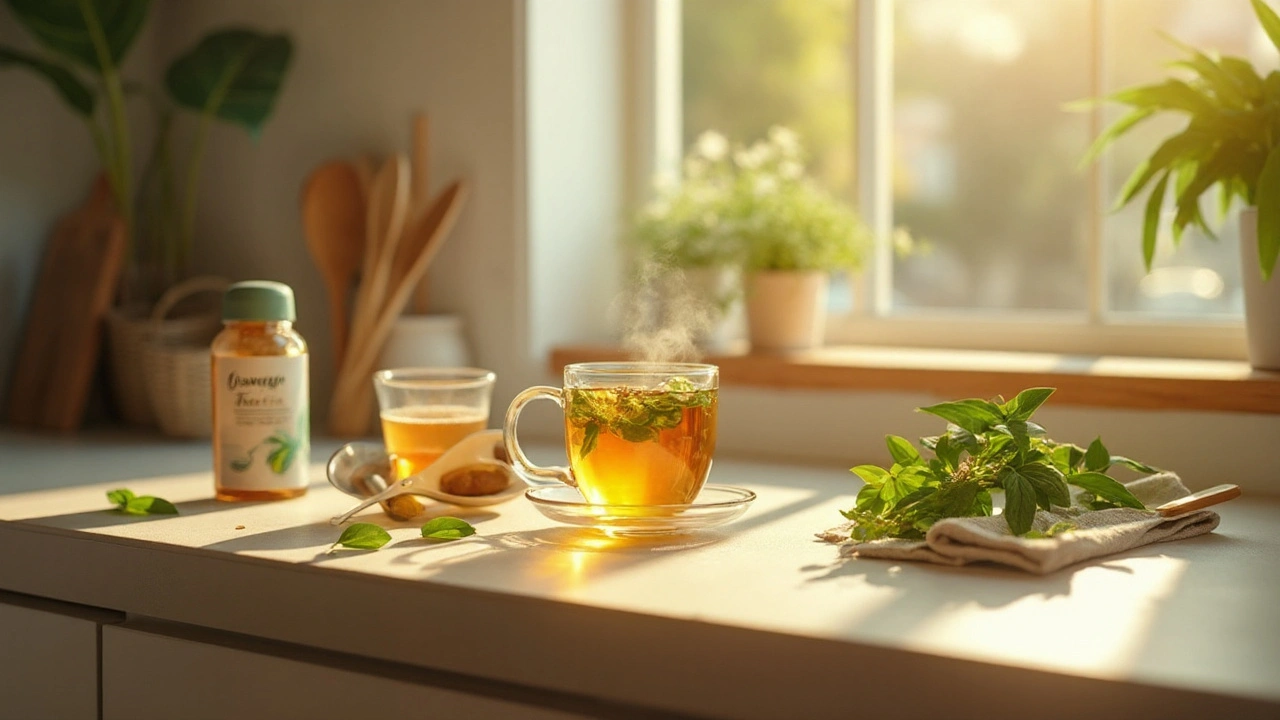
- Sep, 17 2025
- Comments 9
Oswego Tea Explained: Benefits, Risks, and How to Use This Weight‑Loss Supplement
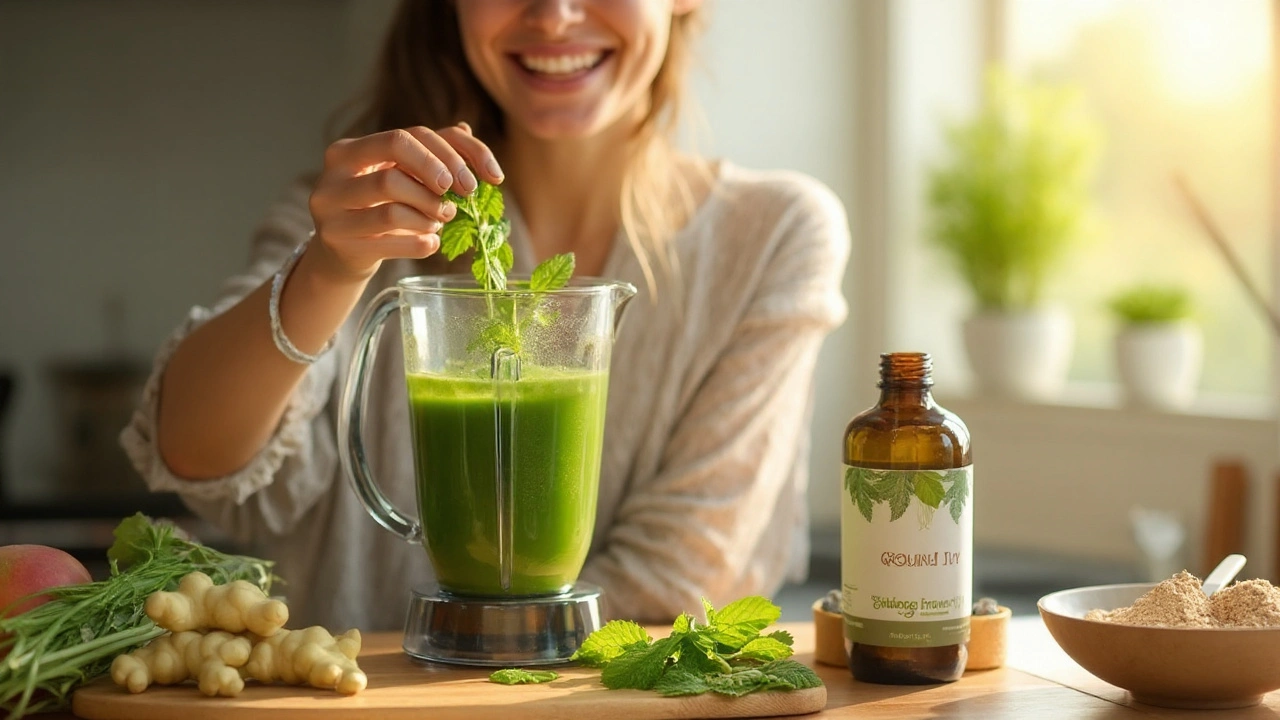
- Sep, 9 2025
- Comments 12
Ground Ivy Supplement: Benefits, Uses, and How It Boosts Your Health
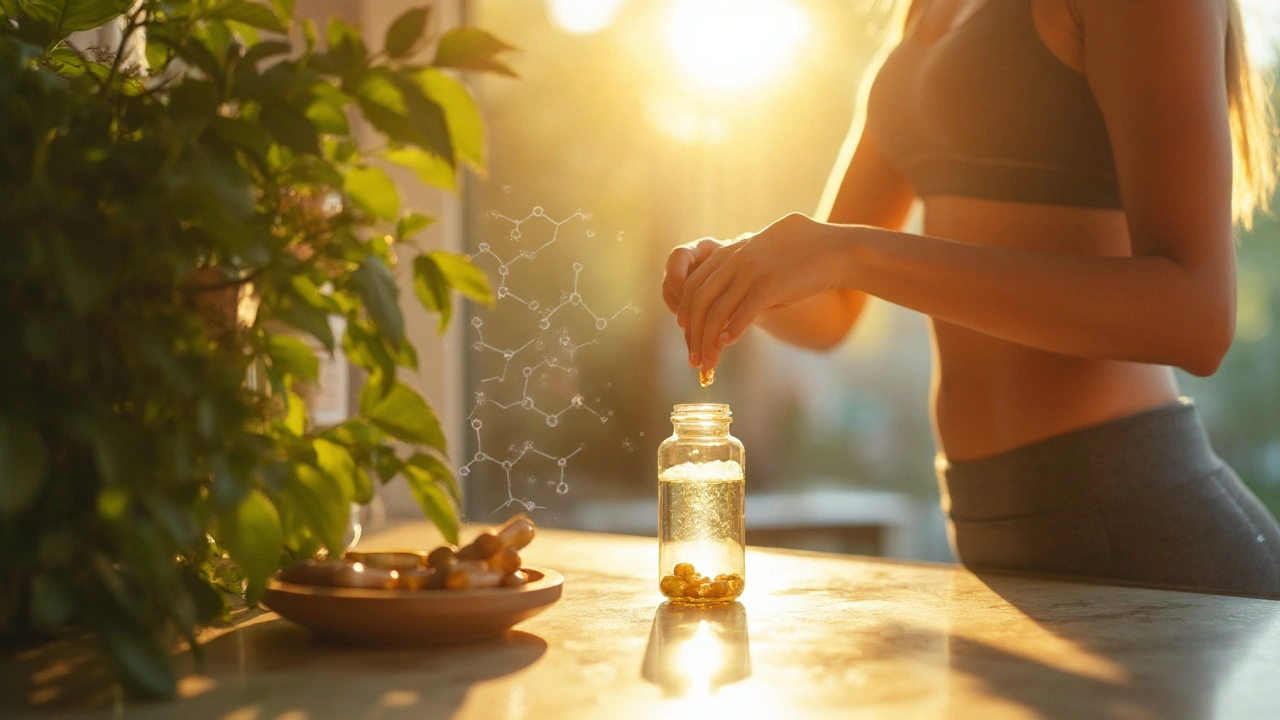
- Sep, 7 2025
- Comments 20
Pangamic Acid: Natural Supplement Boosting Energy & Recovery

- Sep, 1 2025
- Comments 8
NADH Supplement for Peak Brain Performance - Benefits, Dosage & Comparison
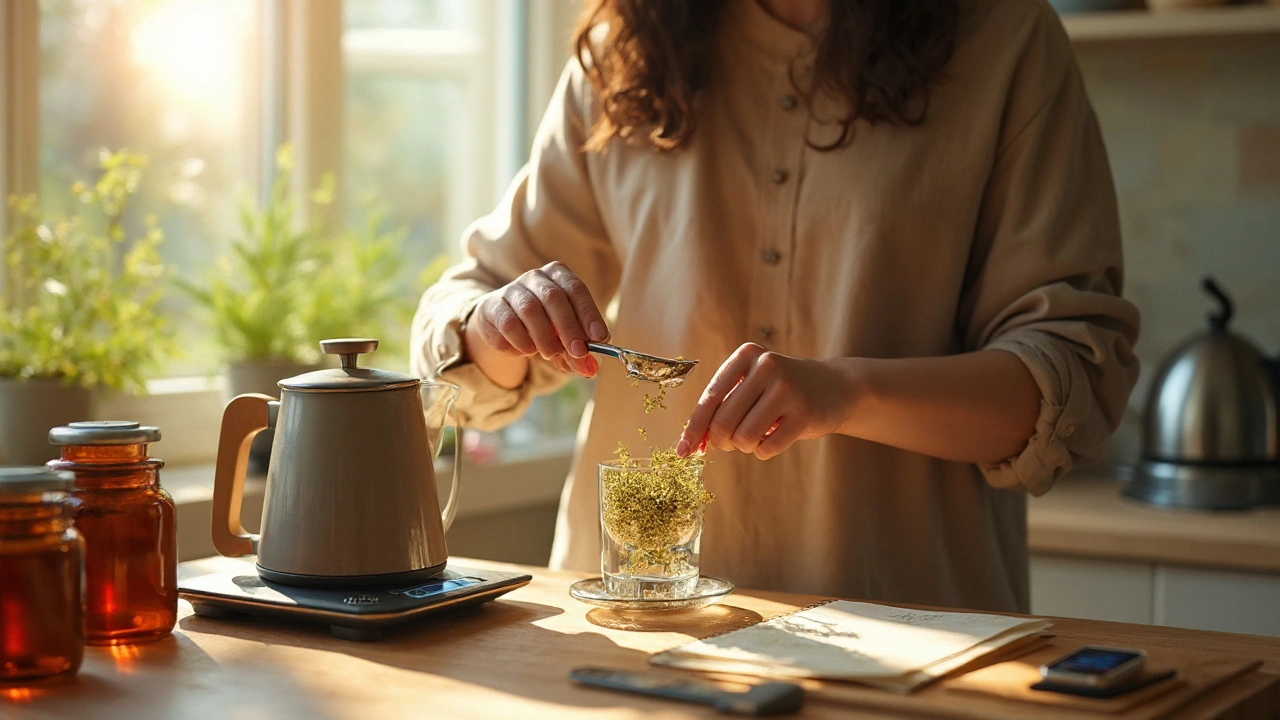
- Aug, 31 2025
- Comments 14